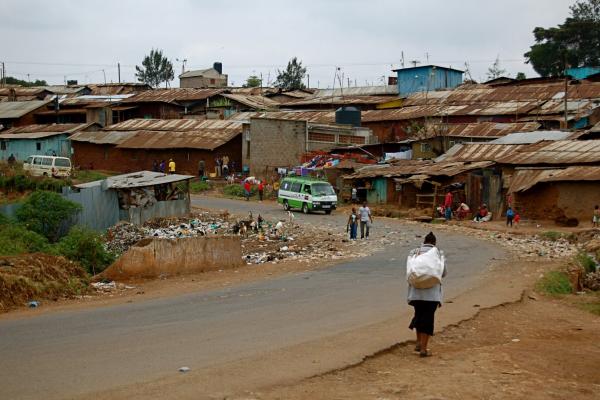Hearing about the injustice and suffering in our world can be overwhelming. The problems seem so insurmountable. Is it really possible to make a difference?
Well, here's some good news. We already are making a big difference. Consider these statistics cited by Dr. Scott Todd from Live58:
"We used to say that 40,000 children die each day from preventable causes. In the 1990s, that number dropped to 33,000 per day. By 2008, it dropped again to 24,000. Now it is down to 21,000. That means that in a generation we cut that number in half. 1.4 billion people live in extreme poverty today. That's a staggering amount, but let's put those numbers in perspective: In 1981, 52 percent of the world lived in extreme poverty. Today it's 26 percent. Again, that means we have cut the number in half, and we did it in one generation."
Now, if you are anything like me then your reaction to poverty is a mixture of compassion and helplessness. If you're reading the Sojourners blog, then I assume that you already care about the least like I do, and that you know how big the problems are. I often find myself asking: What can I do? What can anyone do? We've heard the bleak statistics before. It's not news that there is a problem.
The news is that there is actually hope for real change.
Read the Full Article

